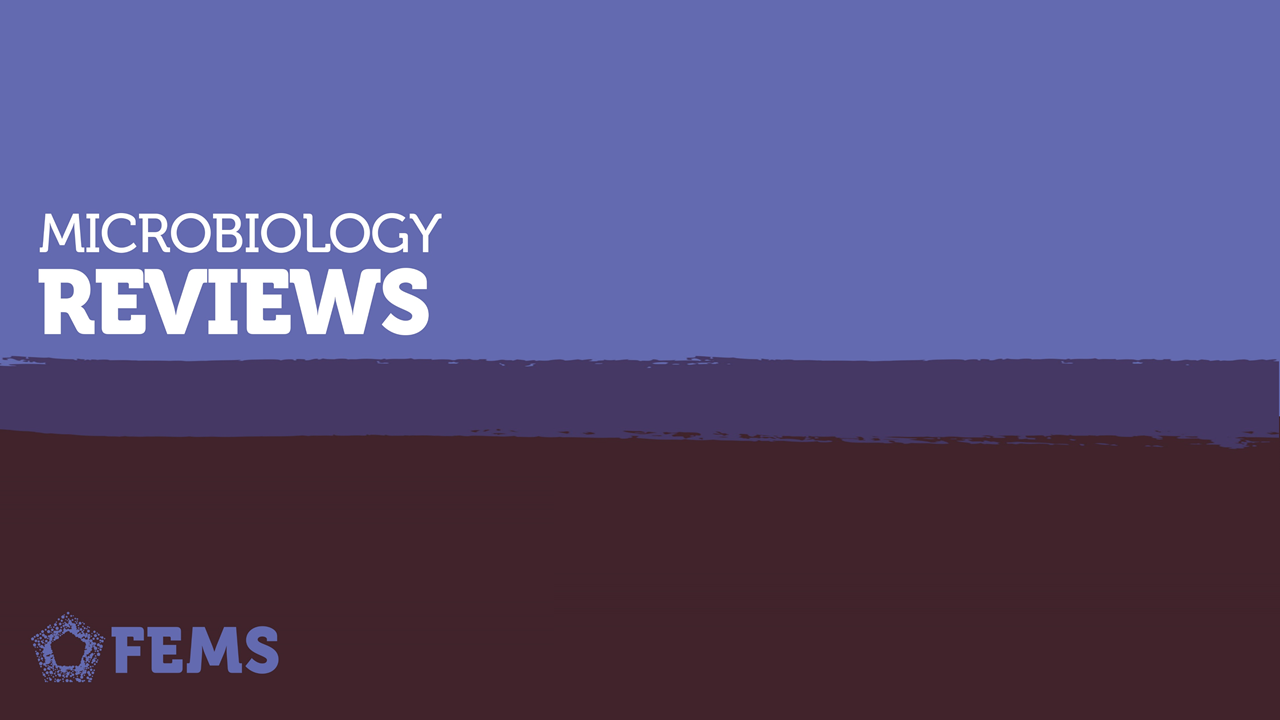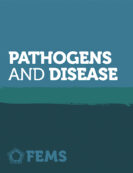FEMS Microbiology Reviews Poster Prize: Christina Kumpitsch
We send our congratulations to Christina Kumpitsch, who won a poster prize at the FEMS Conference on Microbiology. This award is sponsored by our journal FEMS Microbiology Reviews.
The FEMS Conference on Microbiology (#FCOM22) took place on the 30rd June until the 2nd July in Belgrade, Serbia. With 450 posters on display the FEMS Microbiology Reviews editorial board selected Christina’s poster on the role of the human microbiome in olfactory function and dysfunction as the best poster.
Read our interview with Christina about her research below:
What is your current position, and what was your scientific journey to get there?
I am currently working as a PosDoc in the laboratory of Prof. Moissl-Eichinger at the Medical University of Graz, Austria. I did my Bachelor’s degree and my Master’s degree in “Molecular Biology” and “Molecular Microbiology” respectively at the University of Graz, Austria. Last year, I completed my PhD in “Human Medicine” at the Medical University of Graz, Austria.”
Could you describe the research your poster covered?
The research topic presented on my poster is about the role of the human microbiome in olfactory function and dysfunction. The project started already years before the pandemic and showed that olfactory dysfunction was a major issue years before the first Covid 19 case occurred. This condition has a huge impact on quality of life, affecting social, behavioural and psychological performance. In general, our study shows that the microbial composition of normosmics (normal olfactory ability) and dysosmics (olfactory dysfunction) is different, while microbial functioning in terms of olfactory performance does not seem to be affected. Interestingly, compared to normosmics, dysosmics appear to have a higher proportion of dead cells adjacent to the olfactory epithelium, which may have entered the nasal cavity from the gastrointestinal tract – since our pilot study found an increase in butyrate-producing microbes in dysosmic samples.”
What do you hope to focus your research on in the future?
In the near future, I would like to focus on the microbiome of the aerodigestive tract in humans. Especially anaerobic microbes, mainly archaea and bacteria, have attracted my attention in the recent years. Besides the occurrence of these microbes, I would also like to study the interaction between them and the human epithelium.”
–
We use income from the FEMS Journals to fund grants, awards, and projects, and to support our knowledge sharing events and initiatives. Consider publishing your research with our journals to help the global microbiology community.
All but one of the FEMS journals are now fully open access (OA), with one journal, FEMS Microbiology Letters remaining a subscription journal with free-to-publish and OA options. Open access is key to supporting the FEMS mission of disseminating high quality research as widely as possible: when high quality, peer reviewed sound science is open access, anyone, anywhere in the world with an internet connection, can read it.







